For the past five years, Professional Footballers Australia has supported the inspiring work of John Moriarty Football (JMF). Over the journey of our partnership, it has been incredibly rewarding to see the progression of JMF and the multitude of real-world outcomes for Indigenous Australians this partnership has delivered.
As the only football institution in Australia dedicated to helping improve outcomes for Indigenous Australians and ensuring football is accessible to our First Nations people in regional and remote communities, JMF has created an incredible legacy for the sport in this country and should be celebrated for leading the game’s Indigenous engagement.
At the heart of our partnership has been a commitment to supporting JMF in increasing opportunities for Indigenous children, while acknowledging that our sport has a responsibility to better engage and provide access to football and also wellbeing and social benefits.
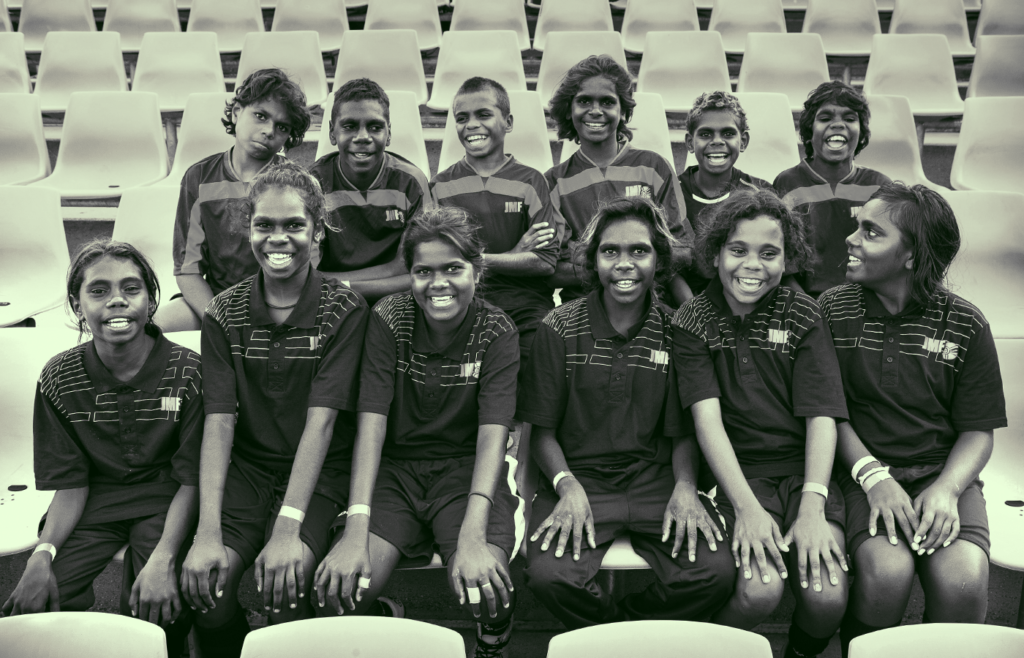
Australia’s professional footballers have played a small but significant part in helping JMF’s development. During our partnership with JMF, the Socceroos and Matildas have pledged over $150,000 in match and appearance fees to help fund and expand its programs. Professional footballers, from Adam Sarota, Jade North, Travis Dodd, to our Executive Member Lydia Williams have, over the course of our partnership, shared their experiences of how they reached the pinnacle of professional football, inspiring the next generation.
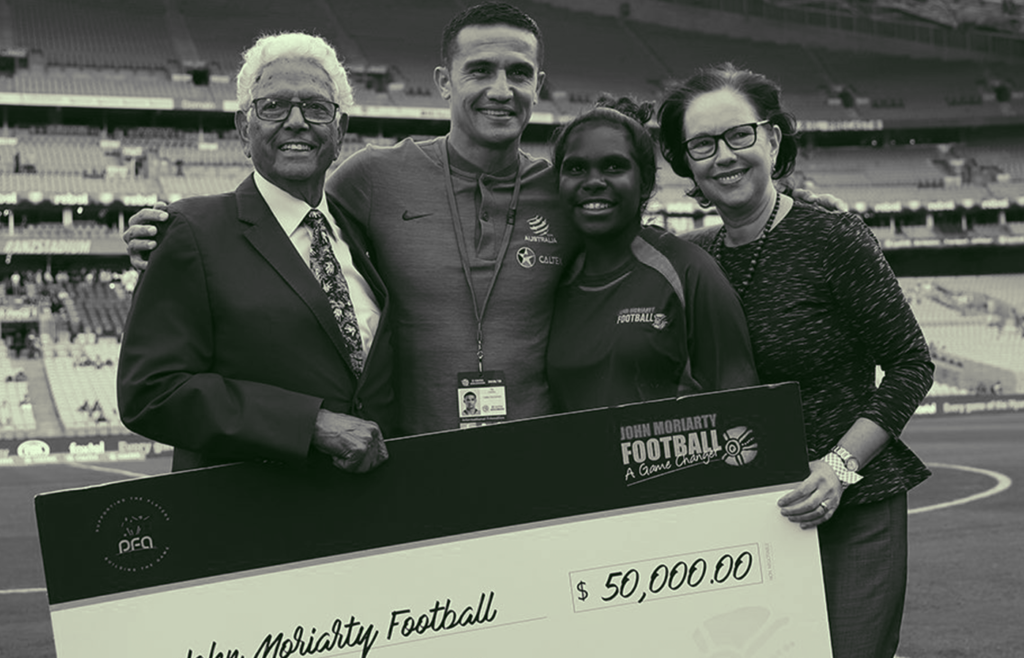
This weekend, Indigenous role models Gema Simon and Jada Whyman will champion JMF’s work at a community gala day in Dubbo to celebrate Indigenous Football Week 2020.
From humble beginnings in 2012 with just one pilot program, to now being delivered in 13 remote and regional Indigenous communities, JMF, with the generosity of Australia’s elite footballers and the endeavour and passion of John Moriarty, delivers the only formal skills program for 6-16-year-old Indigenous players in Australian football to over 1200 children every week.
Shadenne Evans is JMF’s inaugural scholarship holder and one of the leading examples of the impact JMF’s programs can have.
Without JMF, Shay’s progress from its pilot program in Borroloola, in the remote Gulf of Carpentaria, to the W-League and Australia’s national youth teams, would not have been possible. At just 19, she is destined to one day represent the Matildas – becoming the first player through JMF’s programs to realise the dream of playing for an Australian senior team.
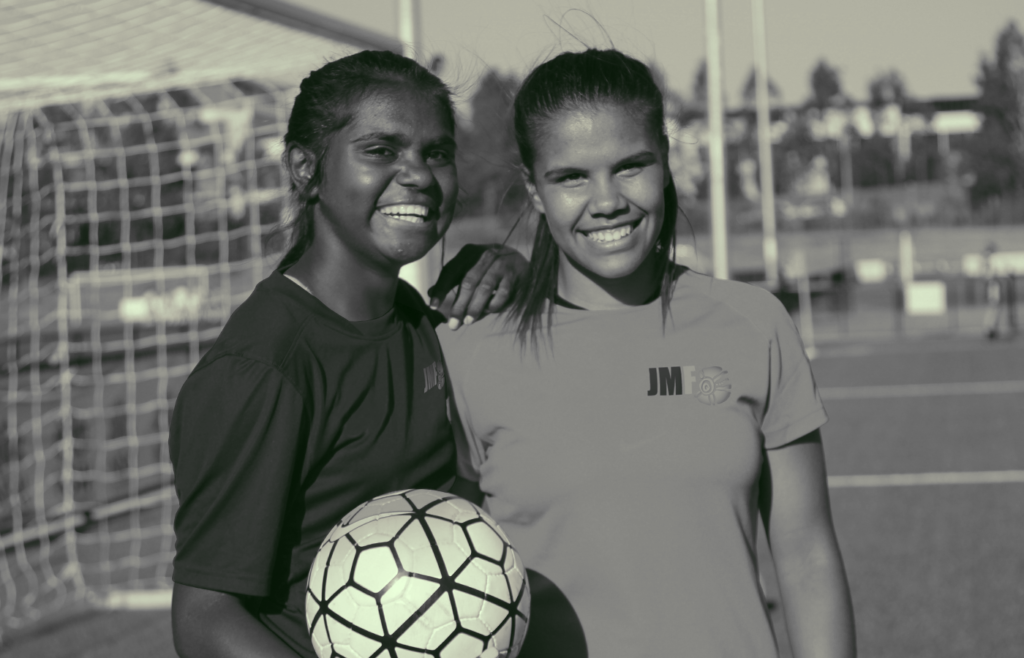
Despite our game having a rich history of Indigenous players, from the likes of John Moriarty, Charles Perkins and Harry Williams, to present day stars in the Matildas, none have followed a ‘strategic’ pathway as Shay has. The game has sat in hope that natural talent would emerge – not through foresight or planning, but via the raw ability and luck of a few individual stars.
JMF is slowly changing that, but – as our Indigenous State of Play report in 2018 called for – there still needs to be a coordinated strategy from all Australian football stakeholders.
This year, during Indigenous Football Week, JMF continues to lead the charge. They will again highlight the power of football pathways for Indigenous players; how pathways can not only deliver the next Shay Evans, but improve the mental health, physical wellbeing, education and social outcomes for participants.
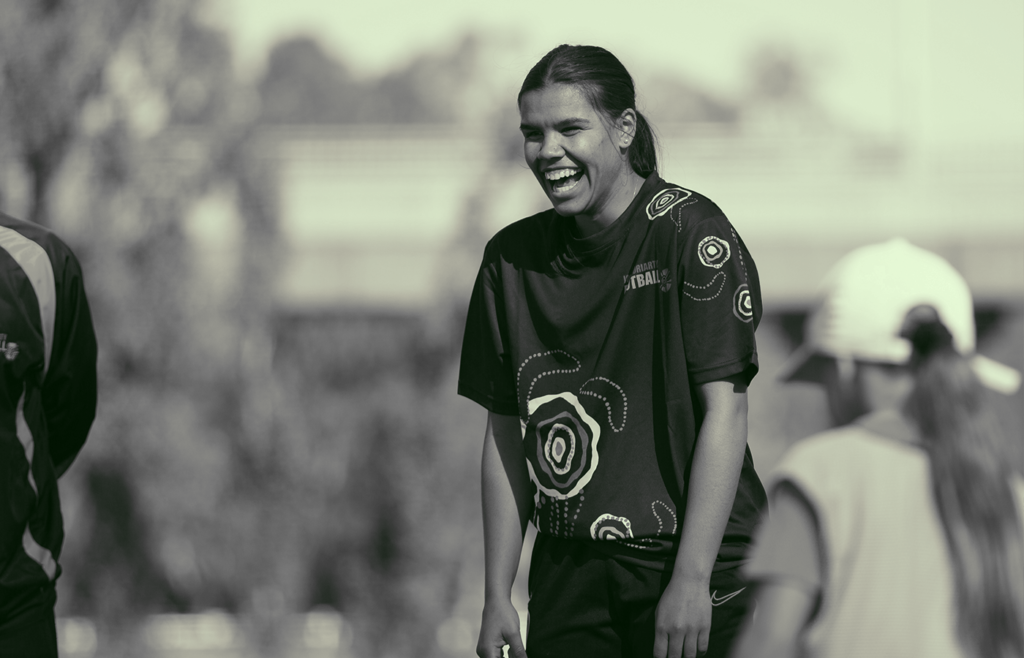
The positive benefits of JMF’s work are clear; they have created an incredible foundation and platform that can catapult Indigenous Australians to our national competitions and teams.
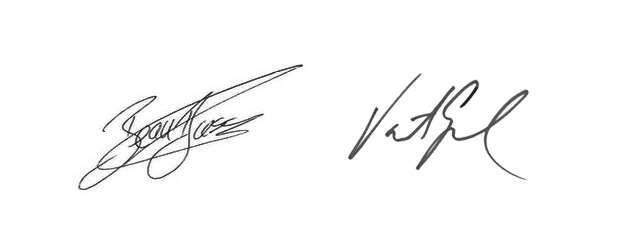
Beau Bush Kathryn Gill
PFA Co-Chief Executives







